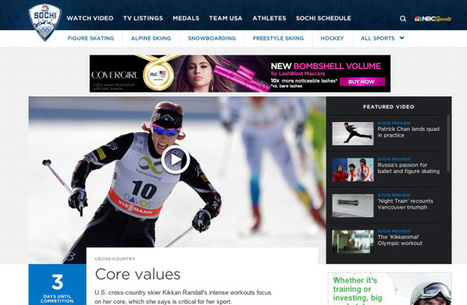It started with a post on social media. Or, to be more exact, a series of posts about a visit to McDonald’s to buy a milkshake. Within hours, Josh Raby’s gripping account on Twitter was international news, covered by respected outlets on both sides of the Atlantic.
“This guy’s story about trying to buy a McDonald’s milkshake turned into a bit of a mission and the internet can’t get enough of it,” read the headline on Indy100, the Independent’s sister title. The New York Daily News said he’d been “tortured”. Except, as McDonald’s pointed out – and Raby himself later admitted – the story was embellished to entertain his Twitter followers, although he says he based it on real events.
Raby’s was the latest thinly sourced story that, on closer inspection, turned out not to be as billed. The phenomenon is largely a product of the increasing pressure in newsrooms that have had their resources slashed, then been recalibrated to care more about traffic figures.
And, beyond professional journalists, there is also a “whole cottage industry of people who put out fake news”, says Brooke Binkowski, an editor at debunking website Snopes. “They profit from it quite a lot in advertising when people start sharing the stories. They are often protected because they call themselves ‘satire’ or say in tiny fine print that they are for entertainment purposes only.”...



 Your new post is loading...
Your new post is loading...












The push for traffic means that clicks rule – even if the facts don’t always check out.